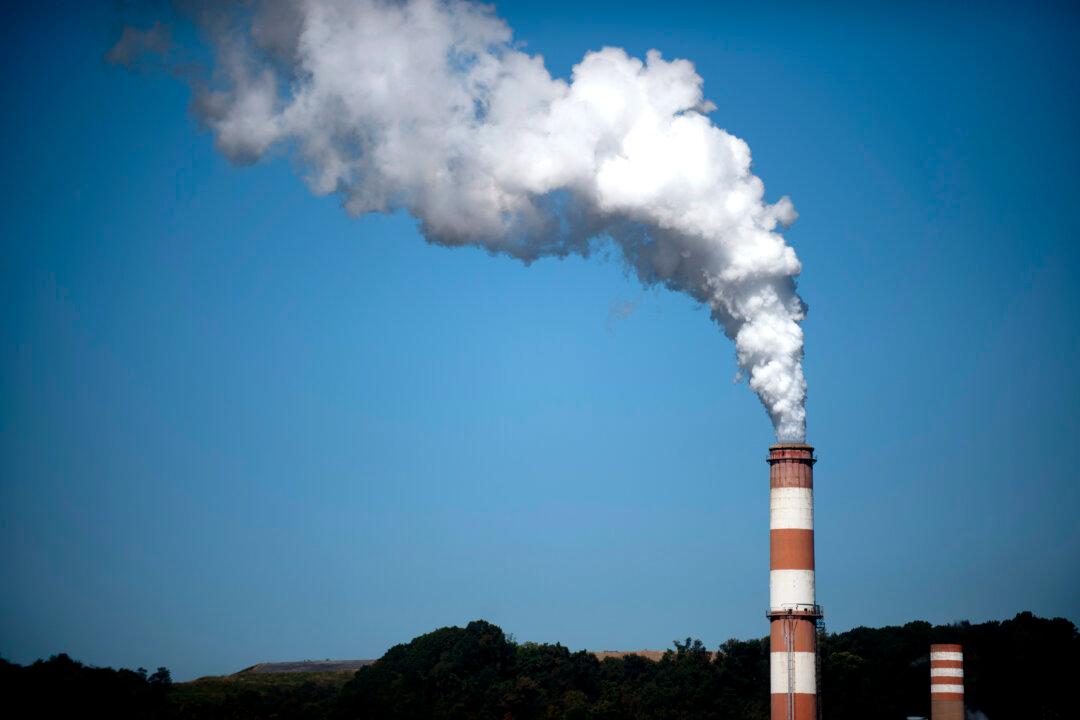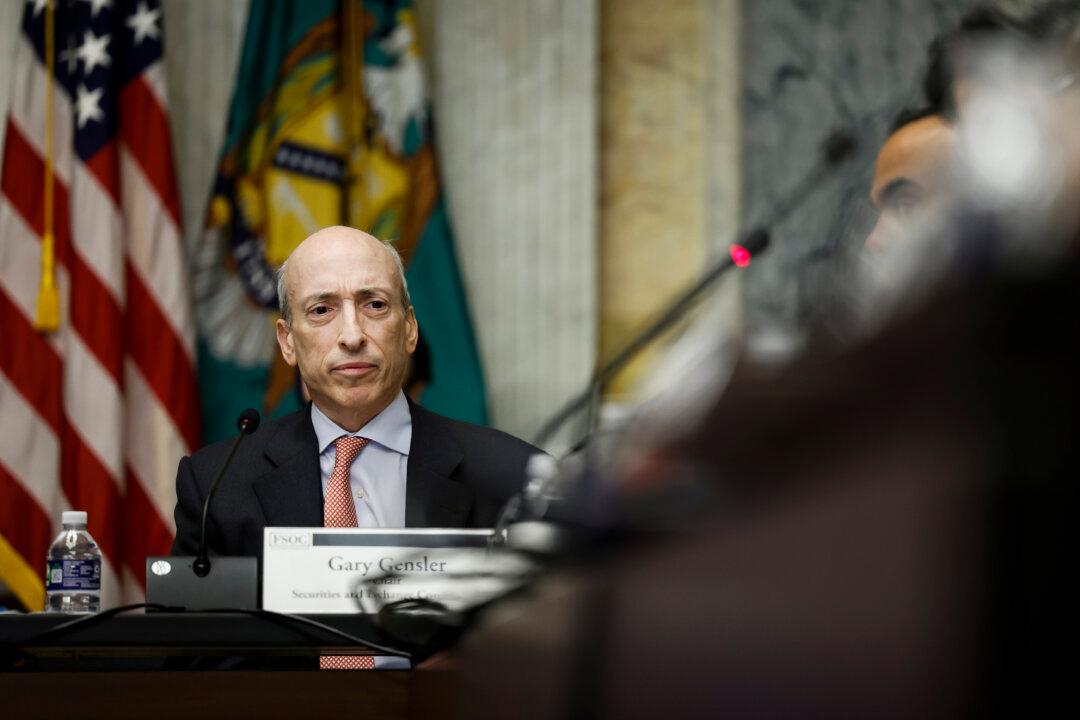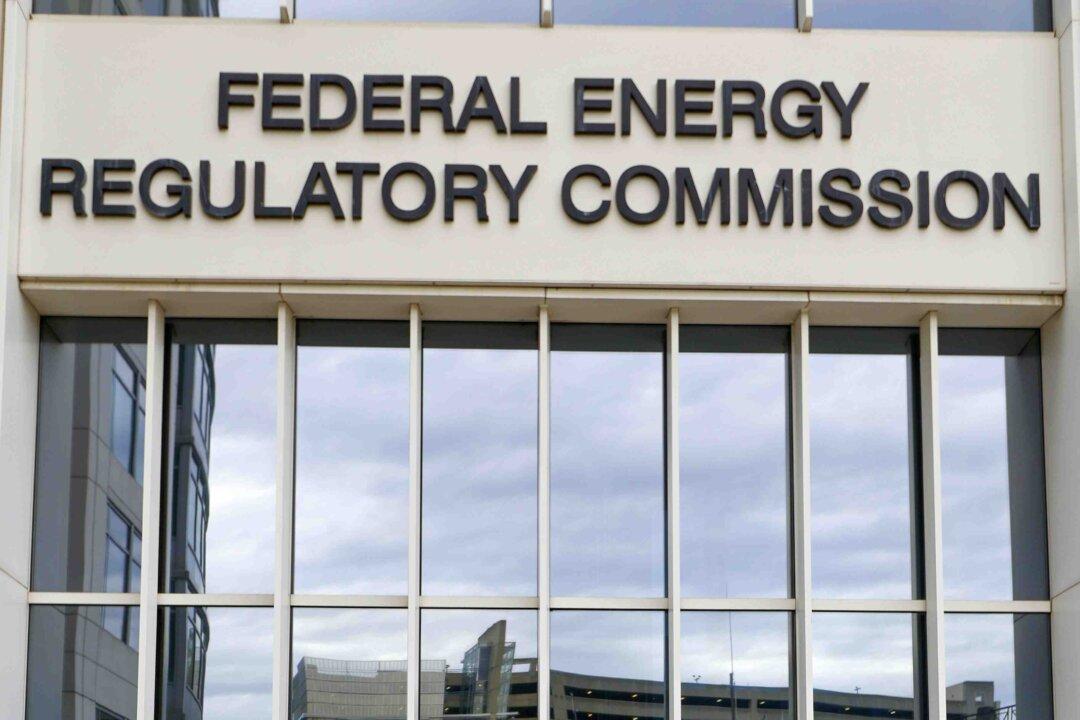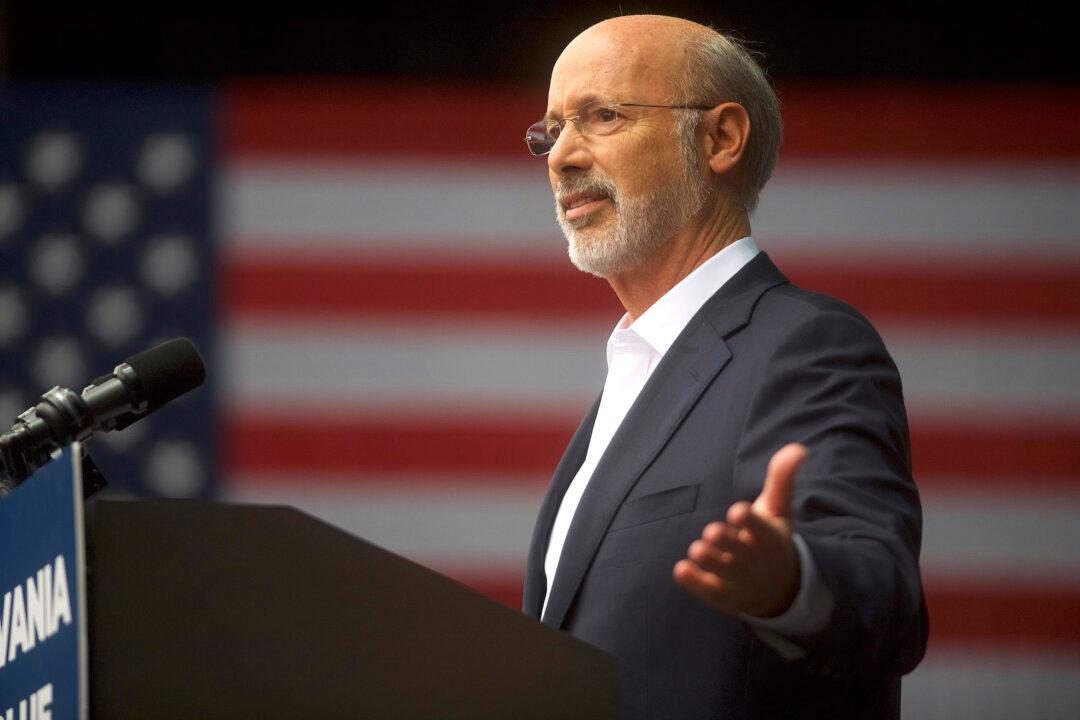State lawmakers in Pennsylvania are poised to vote on a bipartisan bill that would prevent Gov. Tom Wolf from imposing carbon emissions taxes without their approval.
They oppose the governor’s measure on two grounds: a constitutional objection that the governor doesn’t have the authority to act without legislative approval, and concerns about the merits of the proposal.





